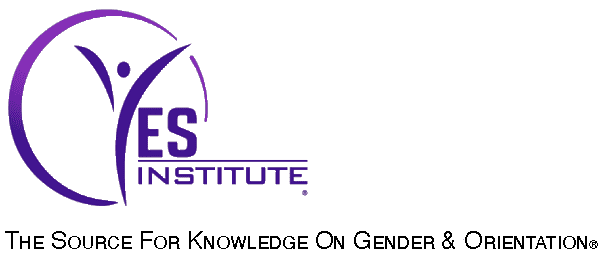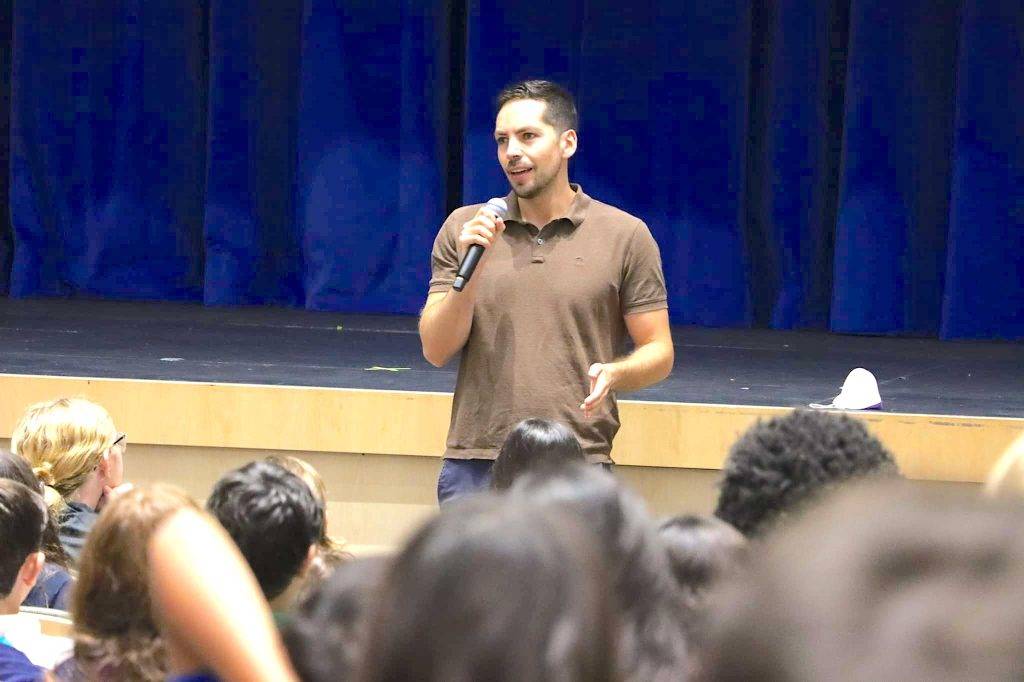What would you do if your friends began to pick on the new girl in your school?
Middle Schoolers at NSU’s University School confronted their own actions and openly discussed their behaviors in an assembly last week.
YES Institute was invited to facilitate a conversation around bullying behaviors among middle school students. The sixth graders bravely shared their own experiences with bullying as both receiving and acting on the bullying behaviors. One of the sixth graders stood up to share their experience with a race-based joke and how they felt harmed by the exchange of words; this was shared in a room full of 150 of their peers including those who said these words to them.
The eighth grade girls took ownership of their bullying behaviors and one of the girls owned up to being the one who began teasing the new girl at the school. This new girl was then made fun of in a group chat which had impacted her to the point of leaving the school. During this facilitated dialogue, our team created a possibility to make amends with those who participated in the bullying behaviors. This was the first time students discussed the incidents at hand in an open environment with one another.
The personal testimonies of these students led to a deeper conversation on power struggles, self-esteem, and taking responsibility for one’s own actions. When our team asked the students what they could do in these situations, the responses ranged from speaking up, to leaving a group chat, and telling a trusted adult about the bullying behaviors. Students then asked questions to better understand what else they could do as bystanders in these situations and walked away with tangible tools and methods they could readily implement.
Our team is incredibly grateful for the students, faculty and staff at NSU University School and are impressed with the maturity of the students, the ways in which they confronted their actions, and genuinely took responsibility. We commend everyone for braving these topics and sharing personal experiences vulnerably especially among close peers in a large group setting.
“This program was made possible by a grant from The Floatarama LGBTQ Youth Fund at Our Fund Foundation, an LGBTQ Community Foundation.”

